Which is the best basement insulation?
Building a new raised bungalow in Ontario. Basement will have 9' ceilings, 5 ' concrete wall and 4' knee wall built with 2x6 and batt insulation r22. Should I run rigid insulation inside the foundation wall up the concrete and cover the knee wall as well? If so what product makes the most sense?








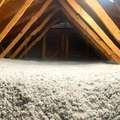

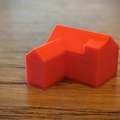


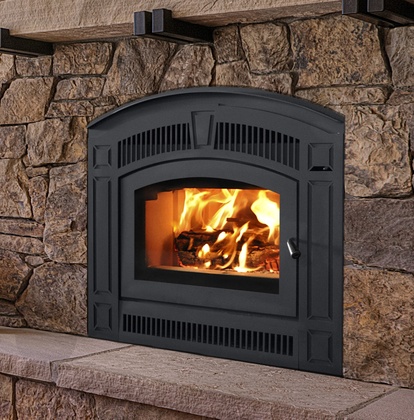

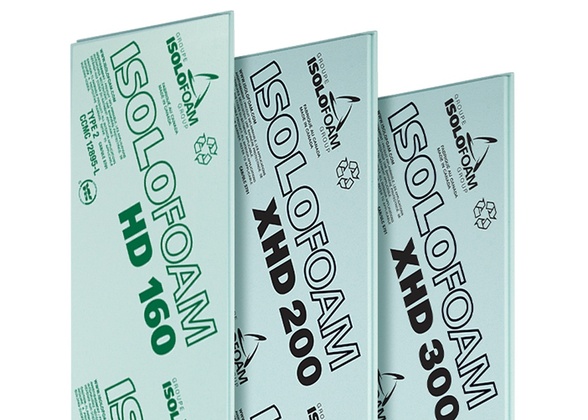
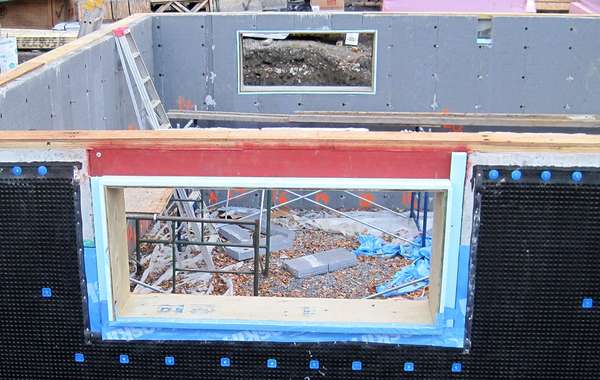
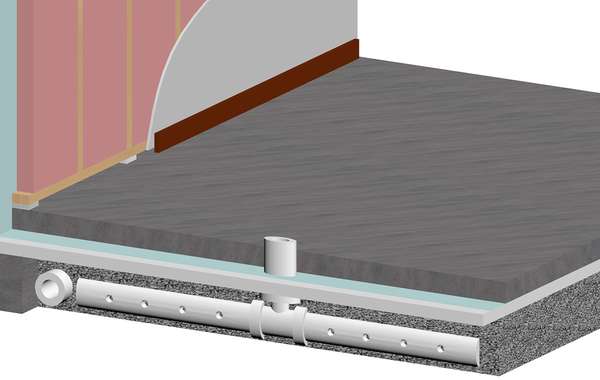
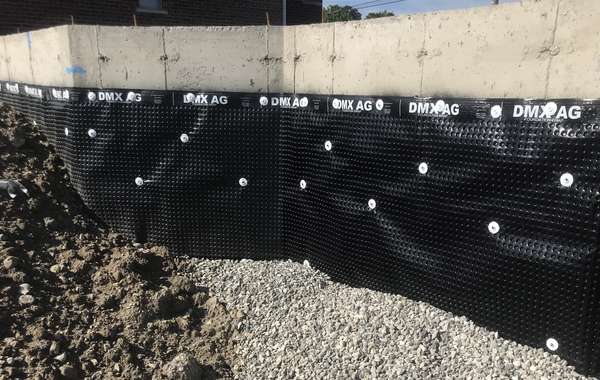
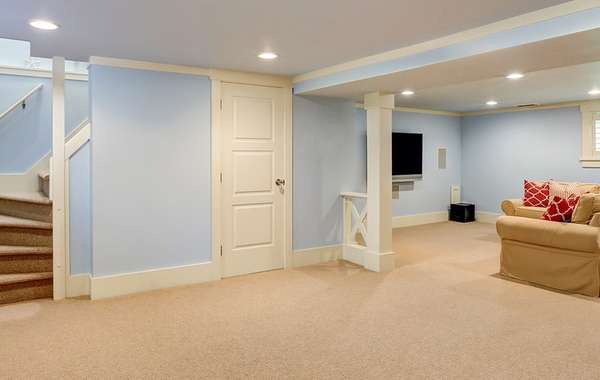
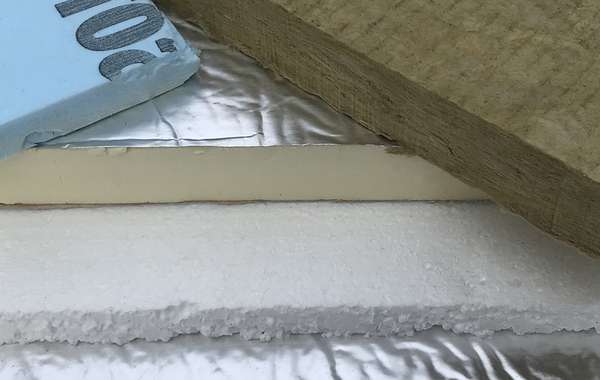
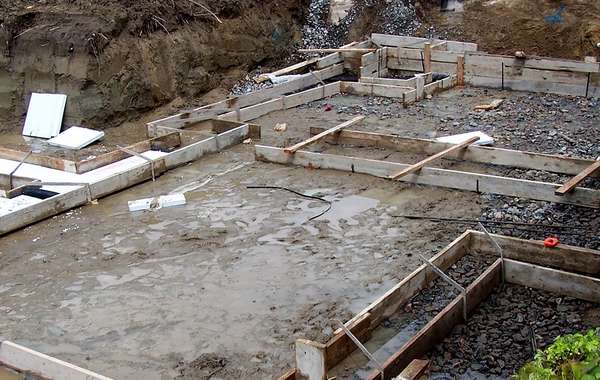
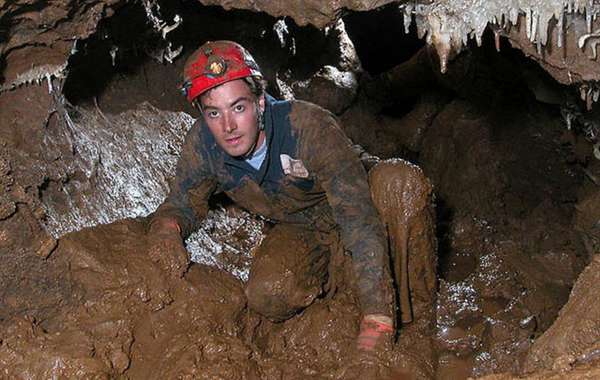
Basements are more susceptible to moisture and water damage, so you should keep that in mind when choosing insulation for basements, along with how to design a wall so that they can dry in order to prevent mold from developing. Yes, we would propose a continuous layer of rigid insulation against foundation walls to separate the stud wall from the concrete. Our recommendation would be EPS rigid foam, read more here –
Choosing the right Rigid Insulation Panels
And yes, I would say running the Rigid insulation from the bottom of the concrete and up covering the above grade stud wall portion is a good idea. 2 is the thickness Where EPS begins to act as a vapor barrier, so depending on your climate zone and ideal construction method, a building inspector may or may not accept EPS as the functional vapor barrier. If not, you could first apply a 6-mil poly barrier between the EPS and the stud wall. See more about basement construction here –
Best practices for basement construction for new homes and renovations